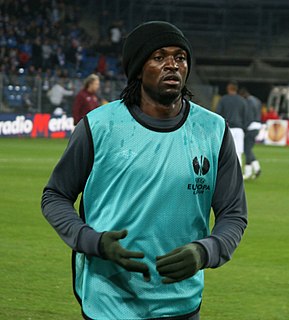A Quote by Tamsin Greig
Laughing and crying are very similar. They're an extreme response to life. You see it in children who start laughing hysterically.
Related Quotes
The fine line between roaring with laughter and crying because it's a disaster is a very, very fine line. You see a chap slip on a banana skin in the street and you roar with laughter when he falls slap on his backside. If in doing so you suddenly see he's broken a leg, you very quickly stop laughing and it's not a joke anymore.



































